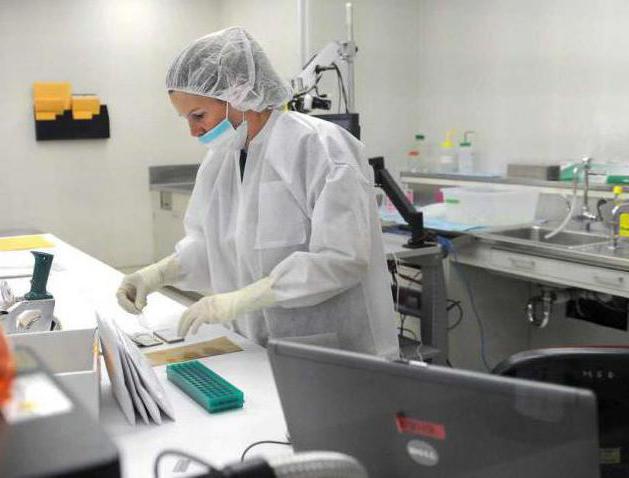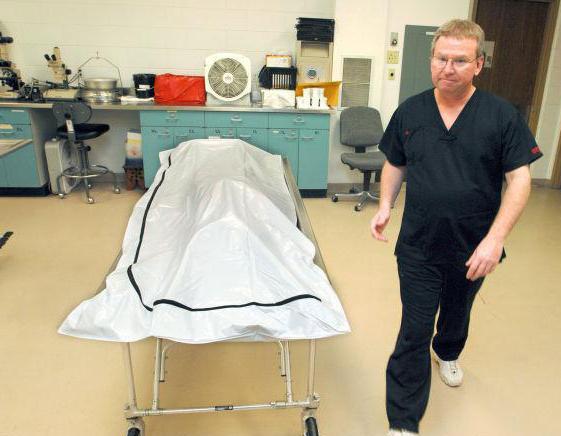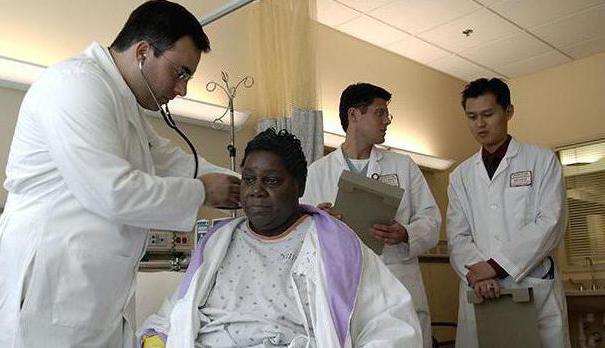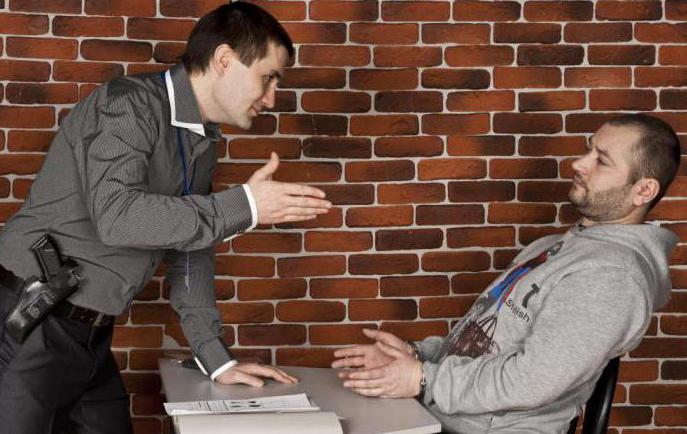What is a forensic examination? In what cases is it carried out? Such questions are of interest to many people who have at least once heard something about this concept from the media. So, the code of criminal procedure does not contain such a definition.  Art. 196 of the Code of Criminal Procedure refers only to cases where a forensic examination is mandatory. It is not possible to obtain certain information about the causes of a person’s death or the severity of harm to human health without conducting the necessary studies. For more details about cases of mandatory appointment and judicial examination, read this article.
Art. 196 of the Code of Criminal Procedure refers only to cases where a forensic examination is mandatory. It is not possible to obtain certain information about the causes of a person’s death or the severity of harm to human health without conducting the necessary studies. For more details about cases of mandatory appointment and judicial examination, read this article.
What is important to know?
A forensic examination is carried out to obtain an opinion from a specialist who has certain knowledge in the field of science, technology or craft. As a rule, this study is carried out only on the basis of the decision of the official investigating the crime. The procedural document, which is transmitted to the forensic expert, prescribes the questions that the investigator needs to get answers to.
In case of death of a person
If a person died, a mandatory forensic examination is required. This rule is enshrined in Art. 196 Code of Criminal Procedure. Such a procedure is carried out so that the investigator can verify that the death of a person was not violent, or vice versa. Indeed, in some cases, murder does not always have characteristic signs and traces of the deed. For example, a person could simply be poisoned and hide the traces of a crime or drown and throw the corpse of the latter into a body of water under the guise that the deceased drowned himself.

Accordingly, in order to confirm that the death of a person was violent, the body of the deceased must be investigated by a specialist. Quite often, forensic examinations are carried out in the investigation of traffic accidents. Therefore, if a person died in an accident, then in order to initiate and conduct business, it is necessary to establish the cause of death of the latter. As a rule, in the conclusion issued by the expert, everything is described in sufficient detail. To each question specified in the investigator’s resolution, the specialist prepares a definite answer. What caused the death of a person can only be precisely determined after the study.
Harm to health
The degree of harm to health can only be determined by a specialist after a forensic examination. Art. 196 of the CPC indicates that in the case when it is necessary to establish the degree of harm to human health, the study should be carried out without fail. One cannot do without expertise. It should immediately be noted that there are only three categories of harm that can be caused to human health:
- severe (life-threatening);
- medium (implies the loss of temporary disability);
- light (does not pose any danger to life, for example, a small scratch or abrasion on the arm, bruising).
 The opinion issued by the expert will be one of the main evidence in the investigation of the case. In addition, on the basis of this document, the investigator has the right to terminate the proceedings due to the fact that the nature and extent of the harm caused to human health do not have any signs of a criminal offense.
The opinion issued by the expert will be one of the main evidence in the investigation of the case. In addition, on the basis of this document, the investigator has the right to terminate the proceedings due to the fact that the nature and extent of the harm caused to human health do not have any signs of a criminal offense.
Doubt
If the investigator’s physical as well as mental state causes the investigator great doubt, then the mandatory appointment of a forensic examination and the necessary examination will help determine the sanity of the person at the time of the execution of the malicious intent. After all, a mental disorder is seriously different from a physical one, and therefore it will not work to identify it without special studies.
What else is required?
Subject to the norms of Art. 196 of the CPC, a forensic examination should be carried out in order to determine the mental state of an adult who is accused of committing an act against sexual freedom of a minor. Unfortunately, such crimes are not currently considered rare. The assigned study should confirm or disprove the presence of the disorder when choosing sexual preferences.

If it is revealed that the accused suffers from pedophilia, but other actions of the latter do not raise doubts about his sanity, he will be registered with a psychiatrist for undergoing compulsory treatment. The punishment for the deed in this case is assigned on the basis of the norms of the current Criminal Code.
Other grounds
It is also necessary to establish the physical and mental state of a person when an official assumes that a citizen accused of a crime is using drugs. Accordingly, for this purpose, the appointment of a forensic examination will be required, which confirms Art. 196 Code of Criminal Procedure. In this case, the person will be sent for a psychiatric examination, where a specialist will work with him. Also, the accused can take the necessary tests to accurately confirm whether he is dependent or not.
Age
A forensic examination is only necessary if it is crucial to the case. After all, a person who has not reached the age established by law cannot be held accountable.

If it is not immediately possible to determine how old the alleged attacker or victim is, then a forensic examination must be carried out. Indeed, on the basis of Art. 196 of the Code of Criminal Procedure of the Russian Federation, this study is simply necessary if there are no documents confirming the age of the person, or there is doubt about their reliability.
Finally
Currently, the current Code of Criminal Procedure provides for all cases where a forensic examination is carried out regardless of whether any of the participants in the process wishes to carry out its examination. Without certain medical research can not do in the situation when you need to determine the degree of harm caused to human health. The same applies to cases where the cause of death of a deceased person is unknown. In addition, the main point of conducting a forensic examination is that it must confirm or refute the fact that there are signs of a committed act. After all, this will be the most important evidence not only for the investigation, but also for the court.
Addition
The legal basis for the examination is the decision of the investigator or inquiry officer. If, in the course of research, a specialist establishes circumstances relevant to the case, he can write about them in conclusion, despite the fact that such questions have not been raised before him. The expert has the right to return the decision to the official if he considers that the materials transferred are not enough for the conclusion. 
The same specialist can do if he does not have the necessary knowledge to conduct research. A forensic examination of a suspect or accused is most often forced. In addition, the law indicates the mandatory implementation in certain situations. Nevertheless, in relation to a person passing a witness in a case, an examination may be carried out only with his consent or with the permission of his legal representatives.Coercion to undergo process studies in this case is not allowed.